How You Can Practice for An Interview
Understand Your Employer's Needs | Chill Those Tense Nerves | Know your competition & Defeat them | Do not skip interview relaxation - breathe in, breathe out | Practice for an interview one week ahead
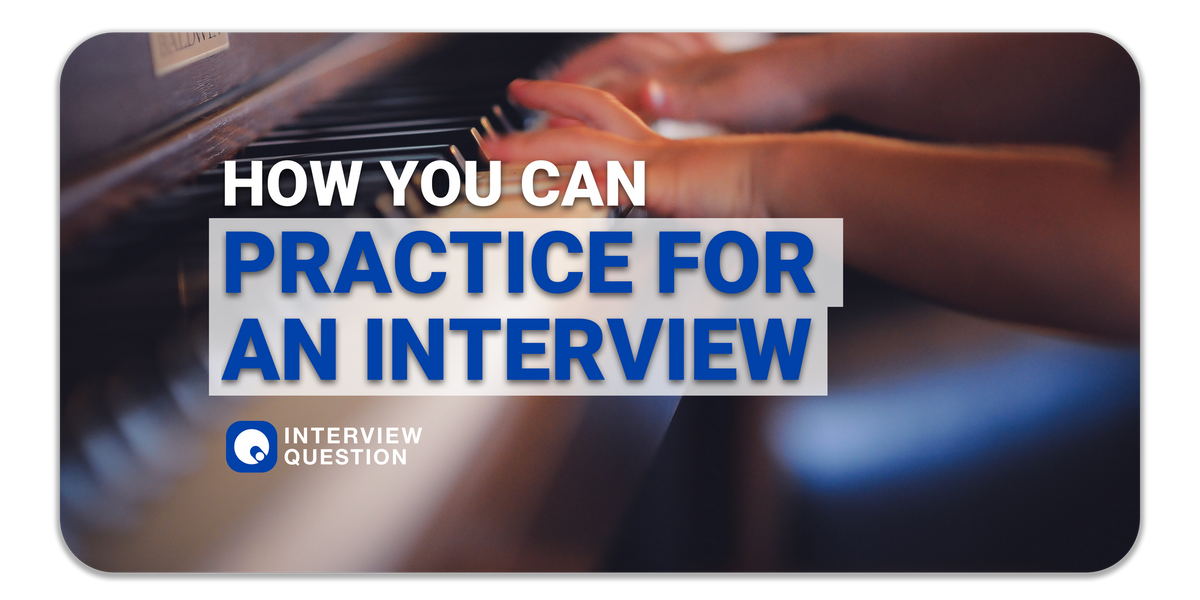
Practicing interviewing is just like any other skill. You can be put into a position that you are uncomfortable in and you will feel very uneasy, but with the proper preparation, practice, and execution, you’ll be able to answer any question thrown at you. When interviewing for your first job interview, it always helps to have someone who knows what they’re doing around for moral support.
The key is to remember the five things that go into an interview:
- Always shake hands before the actual interview begins.
- Always smile. Break the ice.
- Dress appropriately.
- Be respectful of those you interview with.
- Know the basic questions and answers of your interview (situation, career background, etc.)
It is very normal for first time interviewees to feel nervous and be on edge about the whole thing. Here are a few tips on how to make the interview process a somewhat comfortable experience for you.
Understand Your Employer's Needs
At a minimum, make sure that you have read over the job description and understand the basic elements of the job. Interview questions can vary from person to person, but there are certain questions that every interviewer will ask.
Think hard.
Guess, predict, postulate.
By having an idea about what your potential boss' needs are, you can uncover what they truly need out of a new hire. Questions will likely be asked in-line with this angle, and consequentially, understanding all these ahead of time can help ease your mind as you prepare for them.
During an interview, you can also ask questions to find out what their management is after. Poke holes. Enquire. The fact is, interviews are a two-way street and you should make the conversation interactive (and less interrogative) because you will work alongside them and being "on the same page" definitely makes your work-life easier.
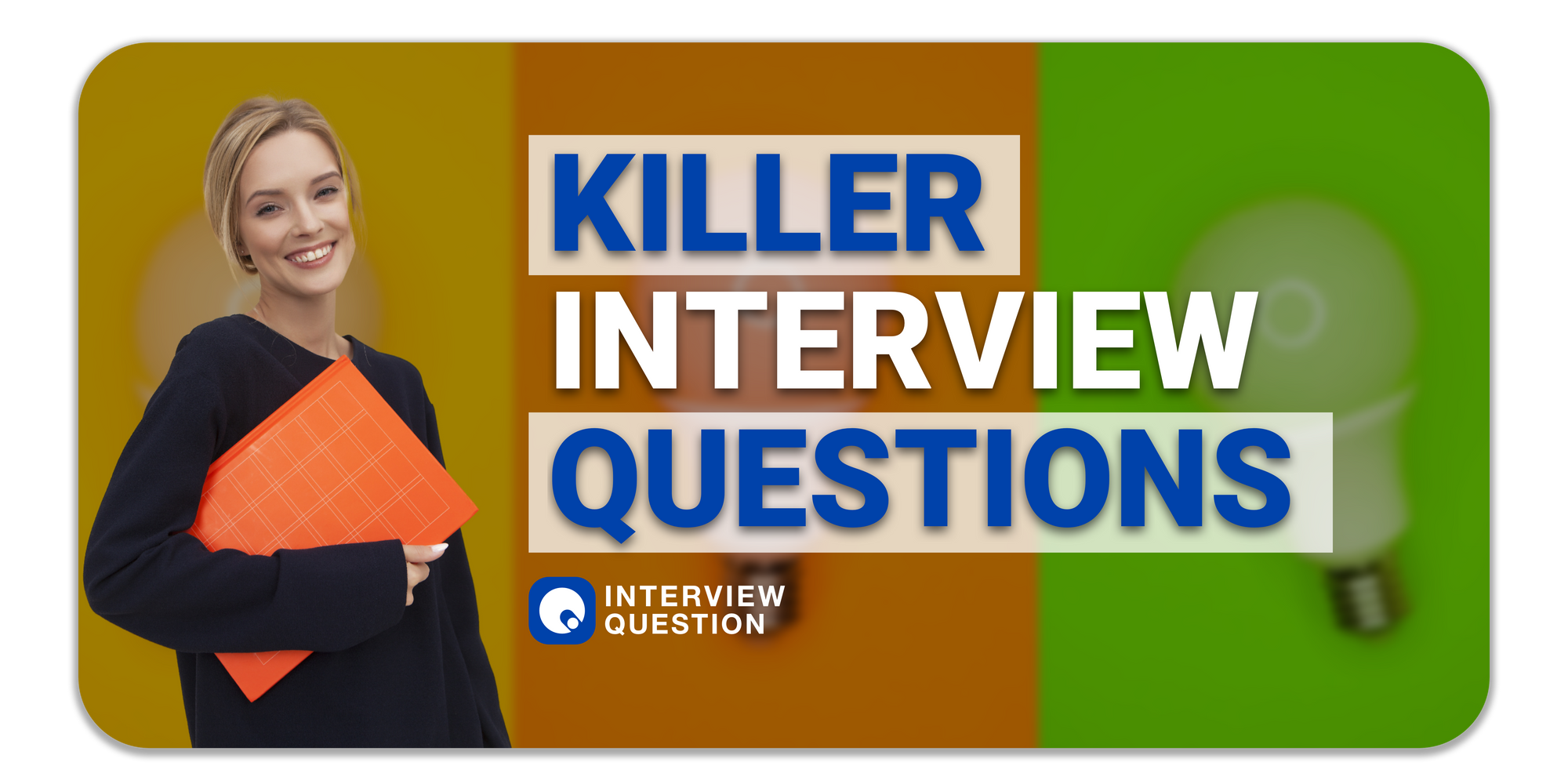
Chill Those Tense Nerves
Everyone who goes on an interview is nervous, so try not to let it show. Nervousness is the most common of the interview-related feelings that are expressed by job applicants. The truth is, interviewers know how nervous you are, so don’t give any indication you feel this way before the interview begins.
Everyone is as nervous as you are.
None of the interviewees have met the people in the next room, so they are likely just as tensed up as you are. No one actually knows for sure what will happen.
Interviews can be intimidating and nerve-racking for newcomers. However, make sure you visualize yourself doing well in the interview. Positive anticipation - if you imagine that you will do well, you will do well (or at least pretty OK).
By doing this, you release some of the tension and nervousness.
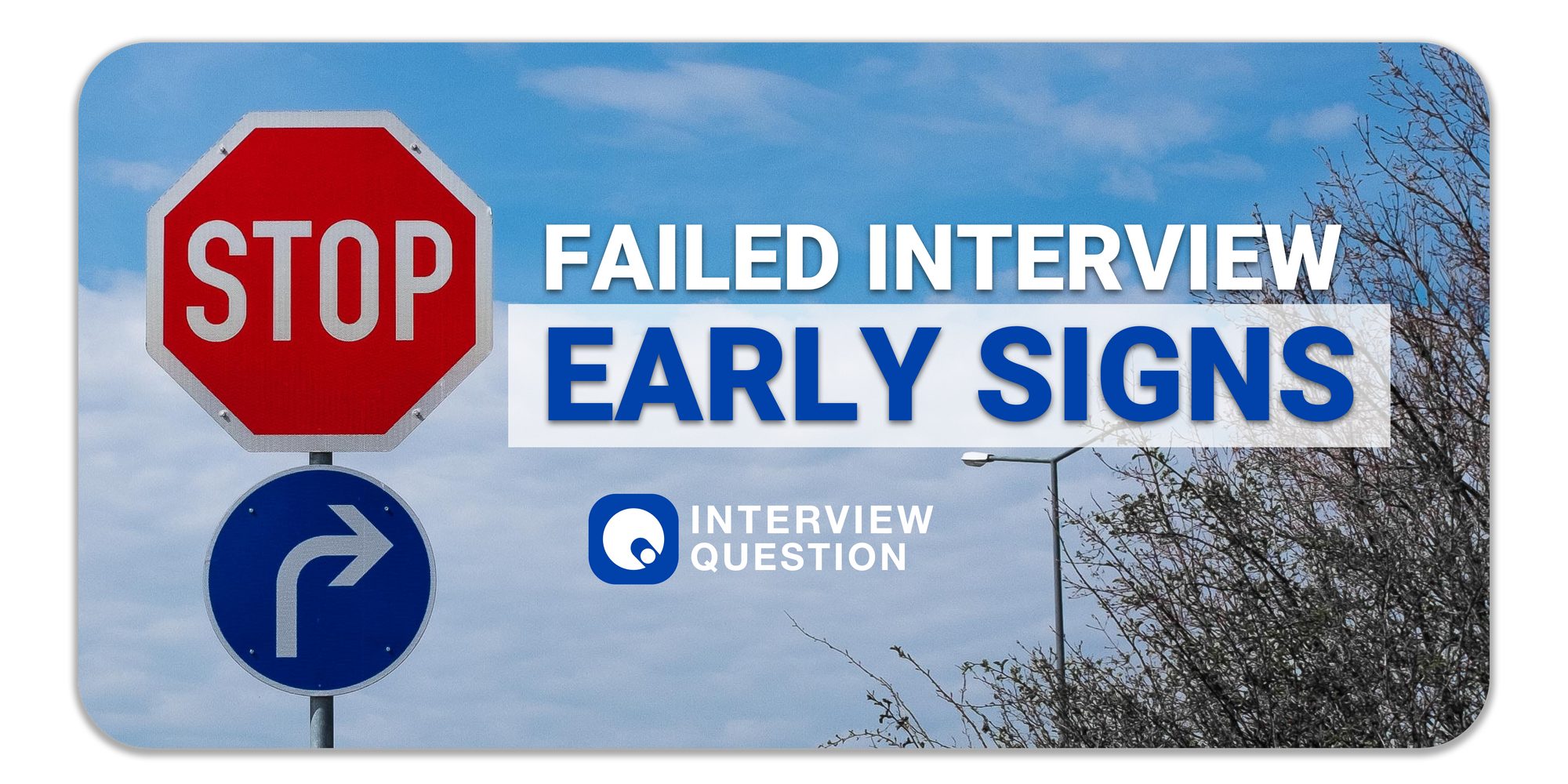
Everything is more difficult when you are nervous. You will not be able to think clearly or speak eloquently if you are anxious about the interview. Visualization will help to eliminate some of your anxiety before the interview begins.
If you know that it is normal for you to get nervous during interviews, then don’t let it get the best of you. Don’t be afraid to ask the hiring manager if you can take your time with a question or two if you feel nervous.
Know your competition & Defeat them
Hot jobs often have tons of people vying for them. Where possible, research what kinds of people apply for the same job that you've applied for:
- Age
- Education
- Work experience
Maybe the people applying are all college kids, and you've been in the workforce for a couple of years already? Write down all the plus points which make you better than them - you're acclimatised, you know industry connections, daily ops are your thing.
Make your strengths the competition's weaknesses.
You can offer things that other interviewees can't.
Then, shameless flaunt them and highlight to your future employer that they can't do without your skills/talents/ideas/relationships so that they will naturally eliminate their other choices...
And thereby, your interviewer shall (unknowingly) kill your competition for you.
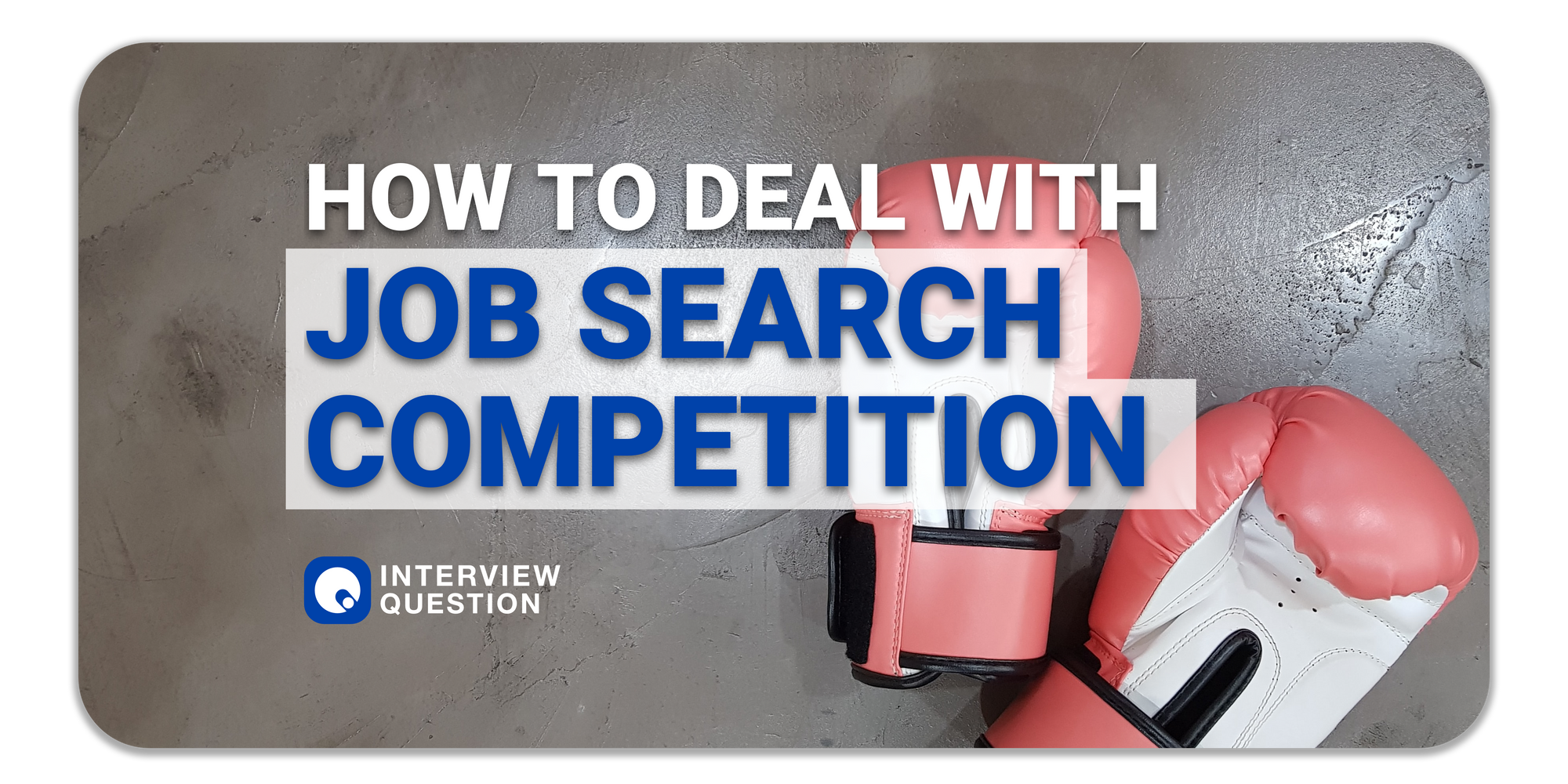
Do not skip interview relaxation - breathe in, breathe out
Always prepare for an interview. It is normal to be nervous during interviews, but by preparing beforehand, you can alleviate some of your anxiety and feel more prepared for the interview.
You should always take a few minutes before your interview to relax and get into a positive frame of mind. Try counting backward from 10 or 20 while breathing deeply and slowly.
Practice for an interview one week ahead
Before you begin the interview process, take some time to prepare yourself for your upcoming meeting.
When you have the luxury of time to prepare, you anticipate and perform better in the real interview. I would think preparing a week ahead will prevent you from "rushing through preparation" and give ample time for you to internalize the lessons learnt from preparing. Sometimes, it is even possible to train them into muscle memory.
☐ Write down a list of questions you have for the interviewer. If you know that you will be nervous during an interview, then plan accordingly! By having a list of questions that need to be answered at the end of an interview, you can keep your mind from wandering and keep it focused on what is being said.
☐ Venting helps ease tension. If you feel stressed out, take a moment to talk about your concerns with your colleagues or peers. It can be very beneficial to discuss your worries with others who have gone through the same thing.
☐ Take some deep breaths. Deep breathing keeps you calm, even if something is stressing you out. Try to engage in some form of quiet meditation before the interview - breathing deeply and slowly can help to calm down your nerves before the big meeting.
☐ Try to take in some positive energy before the meeting begins. If you are feeling nervous, try thinking about something that makes you feel uplifted. Don’t let yourself get dragged down by negative thoughts
☐ Visualize yourself doing well in the interview. Mentally rehearse what your answers will be if asked certain questions or suggest scenarios where you can demonstrate your knowledge of the job you are interviewing for. By reminding yourself of these things, it can help relieve some of the anxiety involved with an interview.
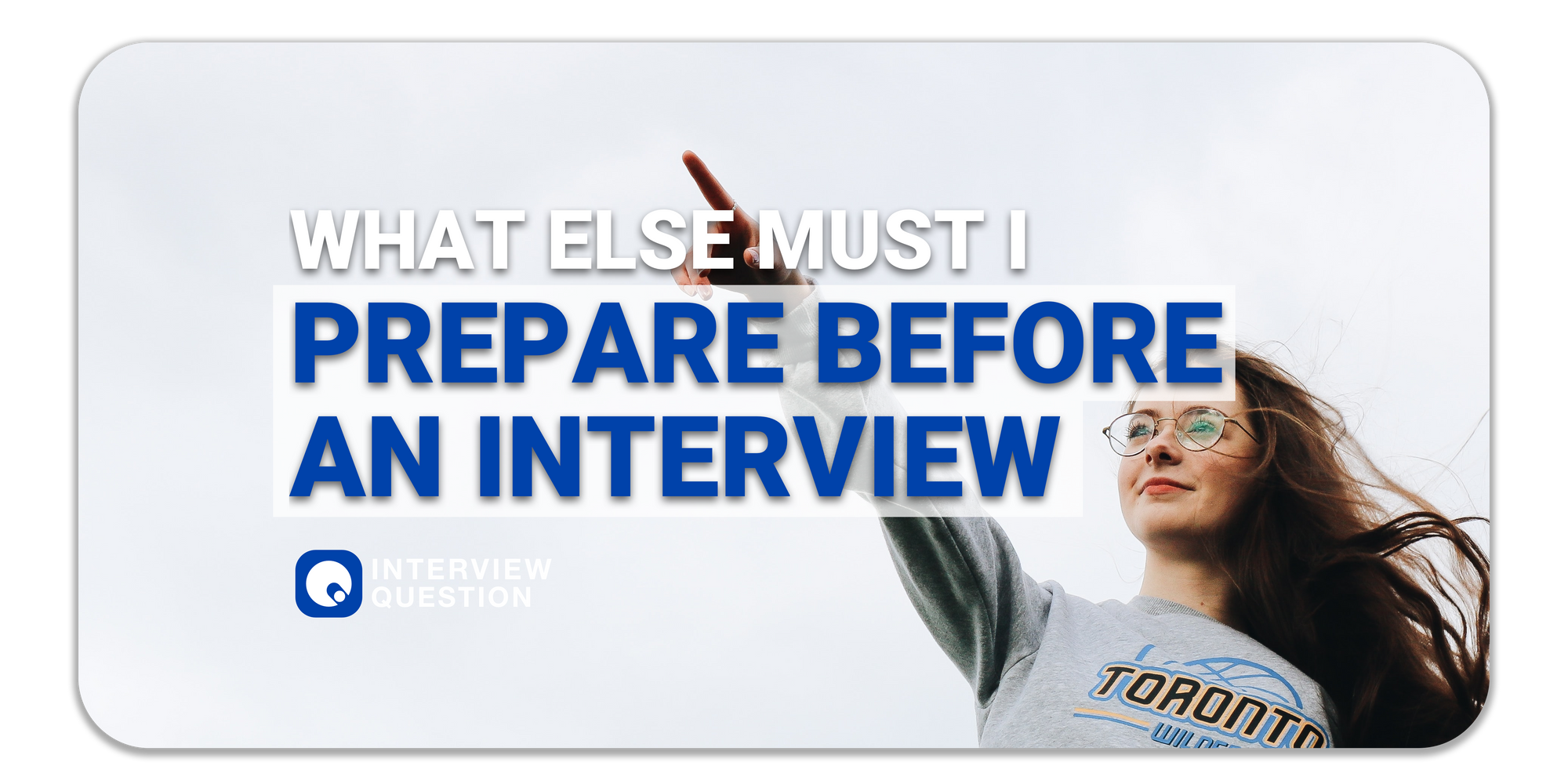
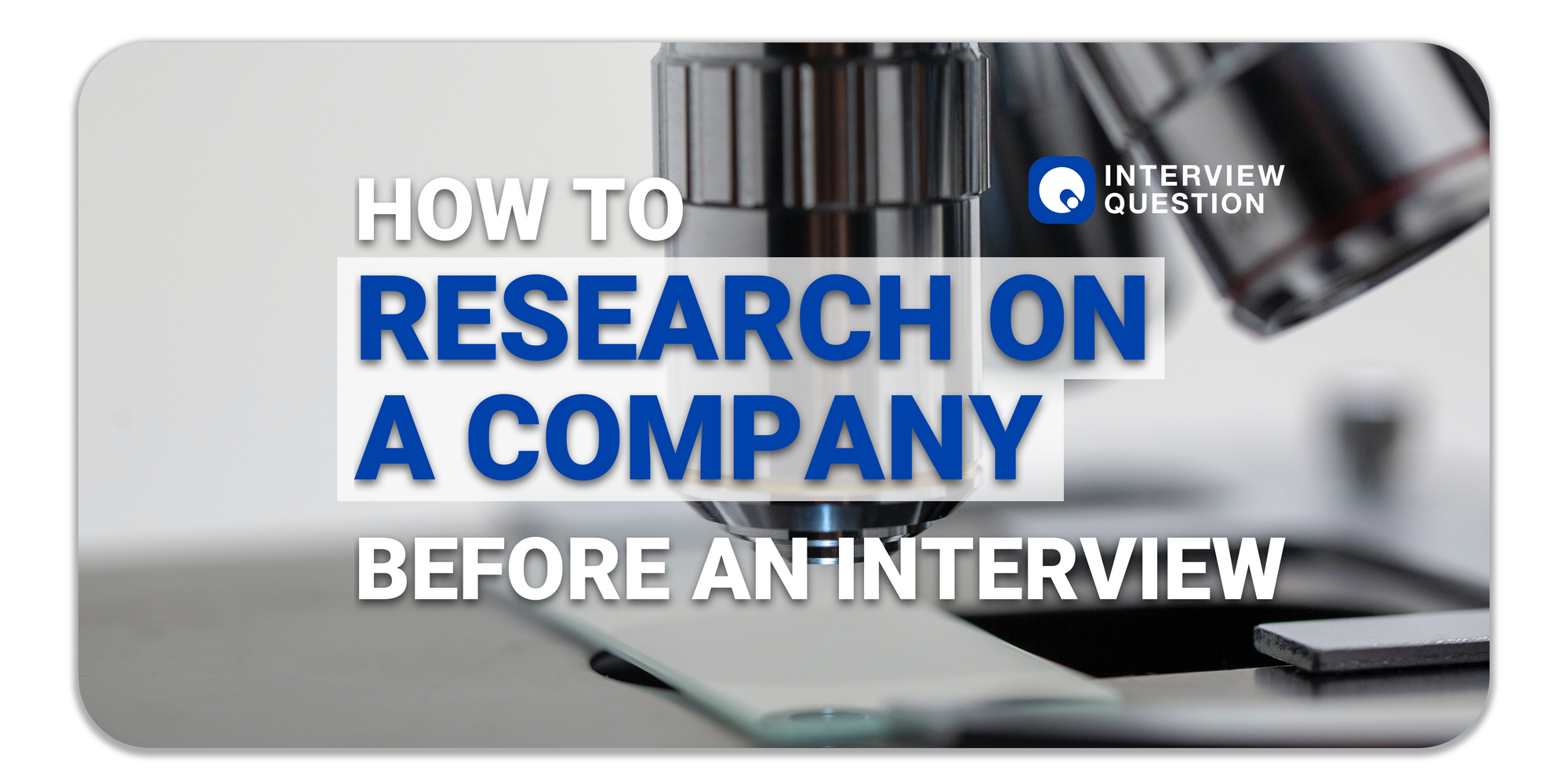
Conclusion
Interviewing for a new job can be an exciting time in your life, especially if you are looking for a chance to move up in your career. Sometimes, it can seem like an intimidating process. However, there are steps you can take to ensure that the interview goes well for you.
You definitely want to make sure that you know all about the company for which you are interviewing before the interview occurs. And importantly, prepare, prepare, prepare.

